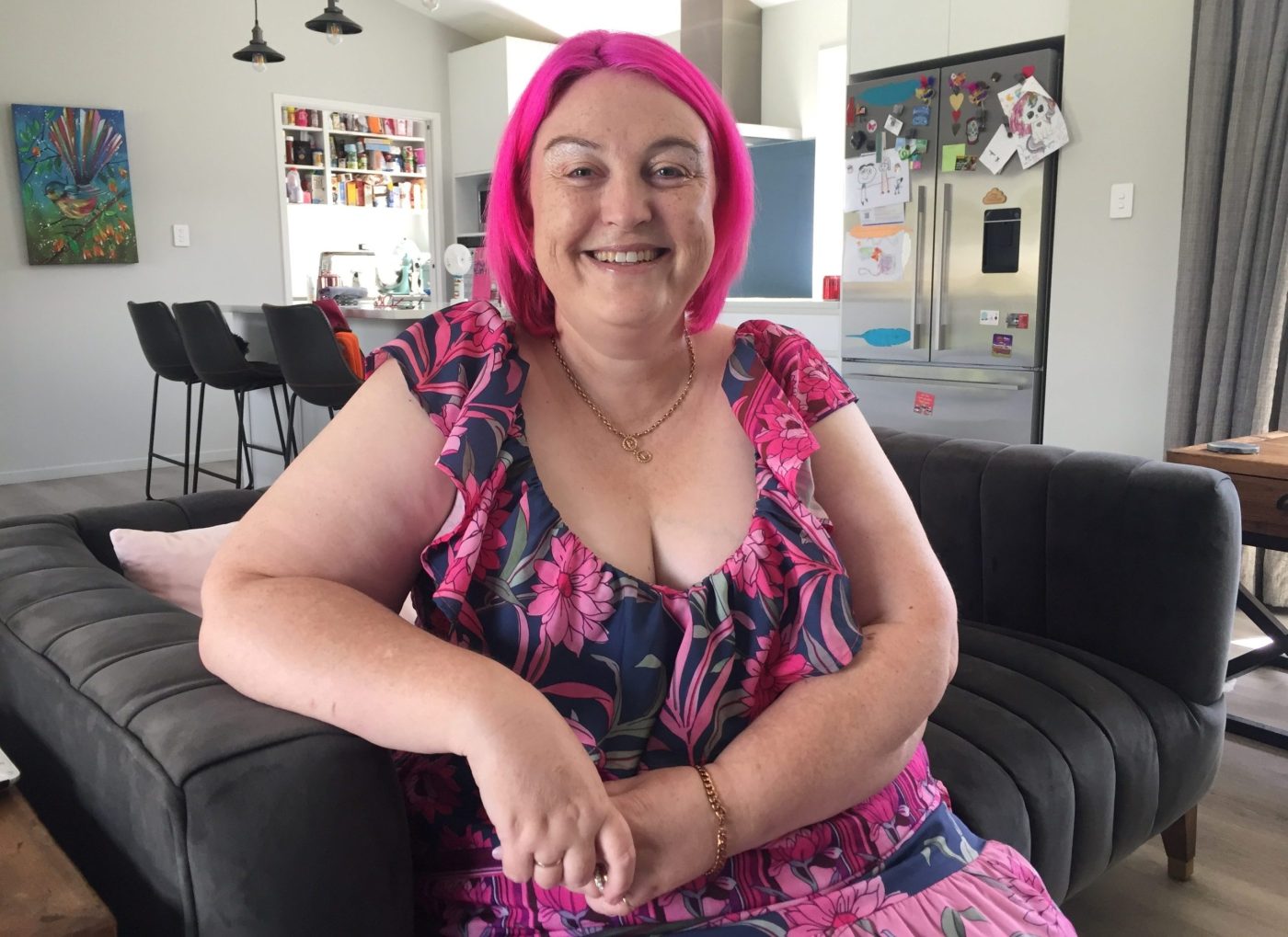
Denise Astill is dedicating her life to raising awareness of the risks anti-seizure medications pose to pregnant women and their unborn babies.
The Bucklands Beach resident has been made an Officer of the New Zealand Order of Merit (ONZM) in the 2025 New Year Honours List for services to the prevention of foetal anticonvulsant syndromes.
It’s an issue her family knows well, as her twin 23-year-old daughters have Foetal Valproate Spectrum Disorder.
“I asked the right questions of two health care professionals and was ill advised,” Astill says.
“Hence they now have the syndrome and will be affected for the rest of their lives.”
Astill is chief executive of Foetal Anti-Convulsant Syndrome New Zealand (FACSNZ), a not-for-profit organisation she founded in 2015 and which provides support, awareness and prevention services for foetal anticonvulsant syndromes.
In 2016 she helped ACC develop the ACC FACS Prevention Team, which has since circulated prevention booklets for healthcare professionals and consumers.
Her role at FACSNZ, which she’s undertaken since 2015 in a voluntary capacity, involves attending educational sessions at schools and support groups, arranging conferences, speaking at medical events and attending ACC reviews.
Among her key achievements is successfully advocating for warning labels for pregnant women on boxes of the medication Epilim in 2017.
Astill says people may be prescribed anti-seizure medication for epilepsy, mental health conditions, migraine or general pain.
“If you get pregnant, and you’re of child-bearing potential, and are on one of these medications and it crosses the placenta, it can affect the baby while you’re pregnant.
“The baby can be born with a lifelong disability.”
Astill’s role is focused on education, awareness, prevention and support for people affected by foetal anticonvulsant syndromes.
She says she’s driven by a desire to prevent other people from experiencing what her family has.
“People aren’t told their medication can be a risk to the baby they’re carrying.
“They should be told that even prior to getting pregnant and prior to starting the medication.
“If I can prevent one other family from having to go through the heartache our whanau has been through, I will have made a difference.
“It’s a moral thing for me. I couldn’t sit there and know that others are affected, or could be, and I could make a change.”
It was “very exciting” to learn she’d be in the New Year Honours List, Astill says.
“It came out of the blue. It was absolutely fantastic and a real acknowledgment of the work I’ve done.”








